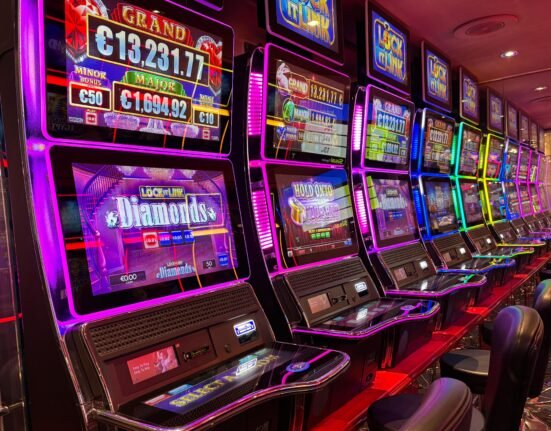Supreme Court upholds earlier decision, citing historic marketing misconduct and failure to intervene
Sweden’s Supreme Court has ruled against BML Group, a subsidiary of Betsson AB, ordering the company to repay €500,000 ($589,037) to a former customer with a documented gambling addiction. The case, which dates back over a decade, centers on gambling losses incurred between 2009 and 2014, a period that pre-dates Sweden’s current regulated gambling regime.
A Case Rooted in Pre-Regulated Market Practices
The customer, whose identity has not been disclosed, filed the lawsuit alleging that BML Group repeatedly targeted him with aggressive marketing campaigns, despite being aware of his addiction. These actions, according to court documents, exacerbated the individual’s gambling harm, resulting in extensive financial losses and psychological distress.
The court’s ruling affirms a previous decision from the Patent and Market Court of Appeal (PMCA), issued in December 2023, which found that BML Group’s conduct constituted a breach of ethical responsibility — even before the Swedish Gambling Act of 2019 codified stronger consumer protections.
While Sweden’s regulated online gambling market only came into force in 2019, the court determined that operators still held a duty of care towards players, particularly in cases of known problem gambling behavior.
Betsson CEO Responds: “Specific Circumstances”
Commenting on the outcome, Pontus Lindwall, President and CEO of Betsson AB, expressed disappointment but emphasized the limited scope of the ruling:
“We are, of course, disappointed with the Supreme Court’s decision in this individual case. At the same time, we note that these are very specific circumstances and that the judgment is not expected to have any broader financial consequences for our operations.”
Lindwall also reiterated Betsson’s current responsible gaming practices, stating:
“Betsson has for a long time implemented rigorous processes for responsible gaming. We do not allow customers with gambling problems known to us to use our services.”
Regulatory Landscape: A Wake-Up Call for Operators
Though this ruling applies to a period before Sweden’s gambling regulation, its implications could ripple across the industry. Legal experts suggest the case may pave the way for similar claims involving legacy gambling losses, particularly in jurisdictions transitioning to more robust regulatory frameworks.
It also comes at a time when Sweden’s gambling regulator, Spelinspektionen, has stepped up enforcement — recently fining Betsson, Snabbare, and The Stars Group (TSG) in unrelated cases.
Responsible Gambling Under Renewed Scrutiny
The case underlines a broader trend in Europe’s gambling regulation — a shift toward accountability for past and present conduct, especially in how operators engage with vulnerable individuals. It also reflects growing legal clarity around the ethical and financial obligations of gambling firms, even outside of a formal licensing regime.
With responsible gambling taking center stage globally, Betsson’s case serves as a critical reminder: ignoring red flags and prioritizing revenue over consumer safety can carry costly, long-term consequences.























